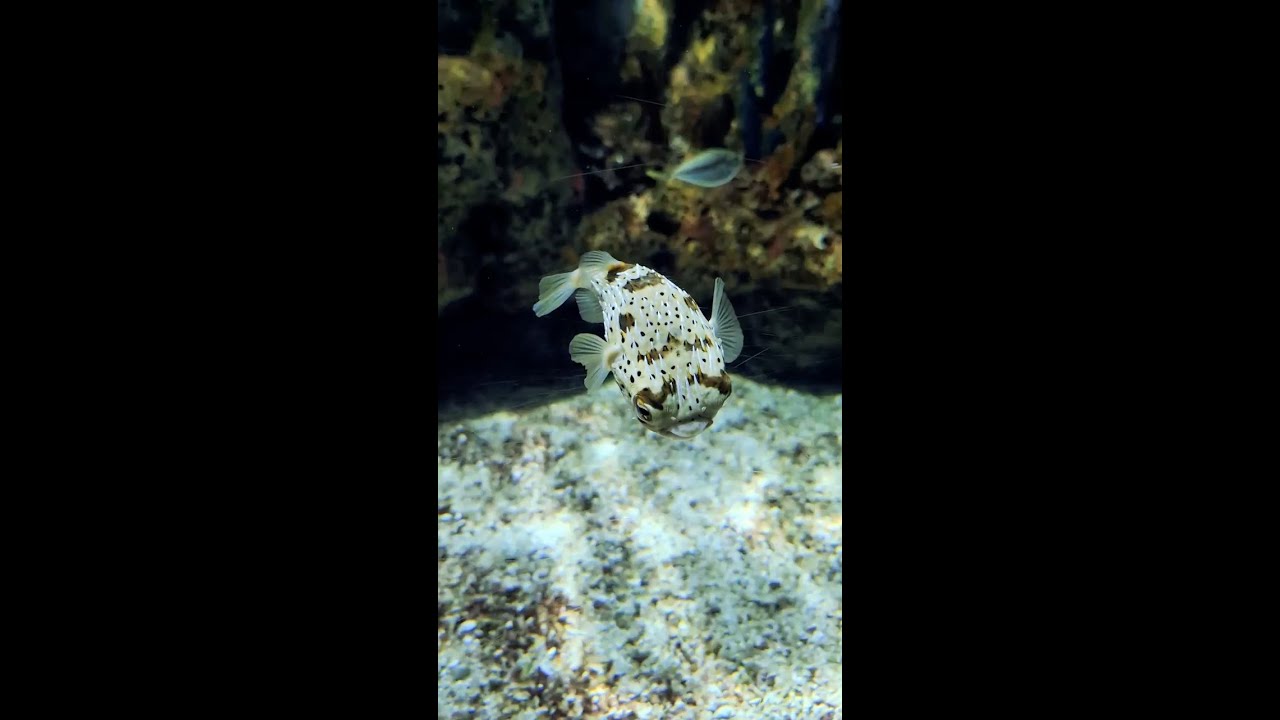- An overview of the significance and role of fish in aquatic ecosystems and their broader environmental implications.
- Detailed insights into the behavioral and physiological adaptations of fish that contribute to their survival and reproductive success.
- Examination of conservation efforts and challenges related to fish populations worldwide, including overfishing, pollution, and habitat destruction.
- Exploration of zoos and aquariums’ roles in fish conservation, breeding programs, and educational outreach.
- Emphasis on the importance of sustainable practices and public action in conserving fish biodiversity.
Fish are an integral part of aquatic ecosystems, playing vital roles that extend beyond their immediate environment. As both prey and predators, they help maintain ecological balance. Fish contribute to nutrient cycling, providing resources that support diverse aquatic life forms. They are also indicators of ecosystem health, signaling changes in water quality and habitat conditions. These aspects underscore the need to preserve fish populations, which are increasingly threatened by human activities.
Fish possess a variety of behavioral and physiological adaptations that enhance their survival in diverse marine and freshwater environments. Their ability to regulate buoyancy through specialized swim bladders allows them to occupy various water depths effectively. Additionally, fish exhibit remarkable sensory adaptations, such as lateral lines that detect water movements and vibrations, aiding in predator avoidance and prey capture. Some species have evolved unique reproductive strategies, like mouthbrooding, ensuring their offspring’s survival in harsh conditions. Understanding these adaptations provides valuable insights into the evolutionary pressures shaping aquatic life.
Conservation of fish populations presents numerous challenges, primarily due to anthropogenic impacts. Overfishing is a major threat, depleting stocks faster than they can replenish. This is exacerbated by illegal and unreported fishing practices. Pollution from agricultural runoff and plastic waste further endangers fish habitats, leading to toxin accumulation and habitat degradation. Climate change contributes to altering water temperatures and pH levels, affecting fish distribution and spawning cycles. Conservation efforts need to address these multifaceted threats through policy regulations, habitat restoration, and international cooperation.
Zoos and aquariums play a critical role in fish conservation. These institutions contribute to protecting fish species through captive breeding programs and fostering genetic diversity. They are gateways for public education, raising awareness about aquatic ecosystems’ fragility and the necessity for conservation. By showcasing diverse fish species and their habitats, aquariums inspire visitors to value and protect marine life. Collaborative research initiatives between zoos, aquariums, and scientific organizations enhance our understanding of fish biology, aiding in developing effective conservation strategies.
Sustainability and public engagement are essential in promoting fish conservation. Implementing sustainable fishing practices can mitigate overfishing and preserve fish stocks for future generations. Encouraging public participation in conservation efforts, such as clean-up campaigns and citizen science projects, fosters a sense of responsibility towards aquatic ecosystems. Education plays a crucial role in empowering individuals to make informed decisions that benefit the environment. Through collective action, we can safeguard fish biodiversity and maintain the health of our aquatic ecosystems.
In summary, fish are indispensable to ecological balance, demonstrating sophisticated adaptations that enable their survival. However, they face significant threats from human activities. Conservation efforts, supported by zoos and aquariums, play a pivotal role in protecting these species. Public education and sustainable practices are vital for ensuring the long-term preservation of fish biodiversity, crucial for maintaining healthy aquatic ecosystems.
*****
Source Description
#jokes #memes #funny #lol #joke #funnyvideos #haha #jokesfordays #sundayfunday #dadjokes #NCAFF🤣


